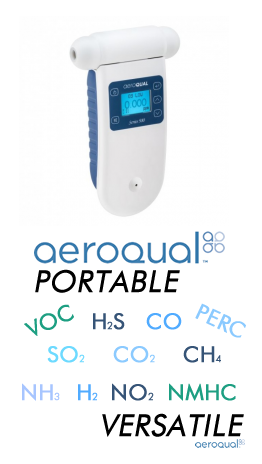
Alkalinity
What is Alkalinity:
The alkalinity of water is a measurement of its buffering capacity, or its ability to resist changes in pH. Alkalinity of natural waters is typically a combination of bicarbonate, carbonate, and hydroxide ions. Sewage and wastewater usually exhibit higher alkalinities due to the presence of silicates and phosphates. Alkalinity inhibits corrosion in boiler and cooling waters. It is also used to control water and wastewater treatment processes or the quality of various water processes. Measuring alkalinity is also important for environmentalists and ecologists as it determines a stream's ability to neutralize acidic pollution, making it one of the best measures of the sensitivity of the stream.
Health Risks:
The lower the alkalinity levels, the more corrosive the water will be. Alkalinity that is too high causes scale buildup. The ideal range is 150-200 mg/L or 80-120 ppm. If the water becomes corrosive, it will have a metallic taste due to the corrosion to pipes and/or fixtures. Drinking water with slightly elevated alkalinity is considered safe, but it may produce negative effects. Excess alkalinity can cause gastrointestinal issues as well as nausea, vomiting, muscle twitching, and confusion.
Measuring Alkalinity: What type of Alkalinity component are you looking for?
| Fixed Mount | Handheld | Dissolved Kits: | Replacement Sensors: | Calibration Gas: | Rentals: |
 |
 |
 |
 |
 |
 |
All sensors require a yearly calibration to ensure your gas measurements are accurate and performing within manufacturer standards. This page is desiccated to the individual manufacturers we represent and their specific calibration procedures.
**Calibration Service Request Form **
|
Calibration costs do vary, see below to get an estimate: Calibration Fee: $150 Analyzer Calibration Fee: $300 PM Calibration Sensor Fee: $330 Genie Calibration Fee: $265 ATI Calibration Fee: $205 ** note that prices are subject to change per labor and parts required. |
Contact us for help choosing the right product for your application















